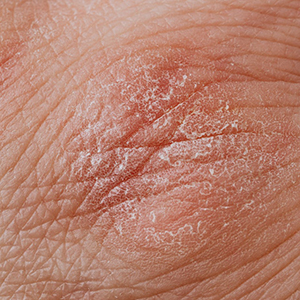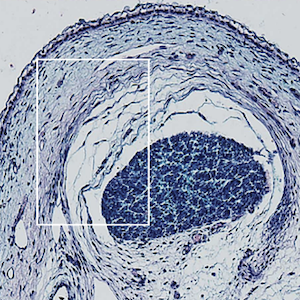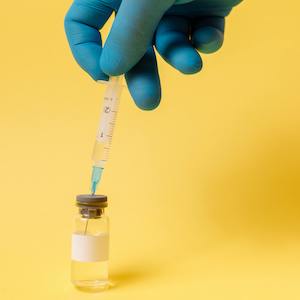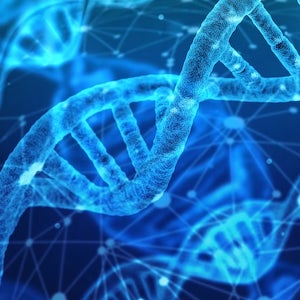Frequency of ANA/DFS70 autoantibodies in Colombian patients with undifferentiated connective tissue disease

All claims expressed in this article are solely those of the authors and do not necessarily represent those of their affiliated organizations, or those of the publisher, the editors and the reviewers. Any product that may be evaluated in this article or claim that may be made by its manufacturer is not guaranteed or endorsed by the publisher.
Accepted: 11 July 2022
Authors
The objective was to describe the clinical characteristics and the frequency of the ANA/DFS70 autoantibodies in patients affected by undifferentiated connective tissue disease (UCTD) in a tertiary hospital in Colombia. This descriptive cross-sectional study enrolled patients who fulfilled the classification criteria for UCTD. ANAHEp- 2 test and the modified assay for ANA/DFS70 autoantibodies were performed through the indirect immunofluorescence technique. Erythrocyte sedimentation rate, C-reactive protein, rheumatoid factor, and the antibodies to anti-extractable nuclear antigens, DNA, phospholipids (IgG, IgM, IgA), and cyclic citrullinated peptide were also evaluated. Fifty-three patients were studied; 42/53 (79%) tested positive for ANA and 5/42 (11.9%) for ANA/DFS70 antibodies with a dense fine speckled fluorescent pattern (AC-2) in ANA HEp-2 test that was confirmed by a modified HEp-2-DFS70 assay. Patients had arthralgia (87%, n=47), non-erosive arthritis (66%, n=34), xerostomia (64%, n=34), xerophthalmia (42%, n=22), and Raynaud’s phenomenon (17%, n=9). Arthralgia, xerophthalmia, xeroderma, and absence of disease evolution to a specific disease over five years were more frequent in patients with a positive result for the anti-DFS70 antibodies. The ANA/DFS70 autoantibodies were more frequent in patients with UCTD compared to other rheumatic diseases for which they were initially evaluated. More studies are required to support the predictive role of this antibody to the absence of progression to a well-defined connective tissue disease.
How to Cite

This work is licensed under a Creative Commons Attribution-NonCommercial 4.0 International License.











